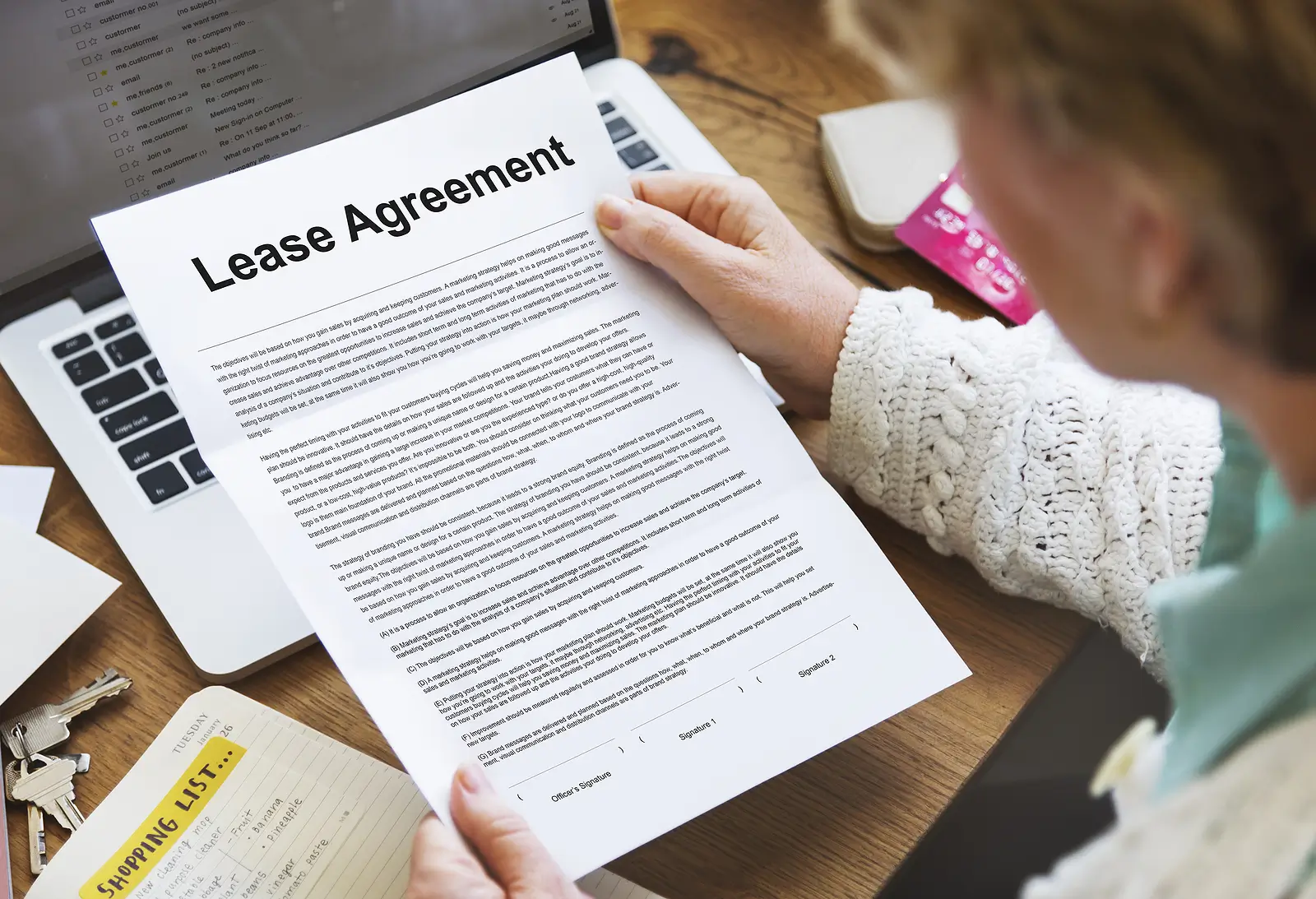A strong lease agreement is the backbone of a successful rental portfolio, and as a real estate investor or landlord, you know that clarity in a lease can save time, stress, and money. At Gates Management and Realty, we’ve crafted numerous rental property agreements that hold up in court and foster trust with tenants.
Key Takeaways
- Include clear lease clauses on rent, security deposit, maintenance, and use of the rental unit.
- Understand local laws and fair housing laws to make your lease legally binding and enforceable.
- Define roles, responsibilities, and proper notice timelines to protect both the tenant and property owner.
Why Every Clause Matters
A comprehensive lease agreement isn’t just a legal document—it’s a roadmap for the parties involved. Let’s break down the most crucial clauses:
1. Property Description & Use
List the property address and provide a clear description of the property. Specify whether the unit is for residential purposes only, and whether pets are allowed (with applicable pet fees) or if smoking is prohibited. This protects other tenants and maintains the overall harmony of your residential property.
2. Lease Term & Renewal
Define whether it’s a fixed-term lease (e.g., one year) or a month-to-month lease. Include lease renewal terms, satisfactory new lease arrangements, and your lease-end procedures. Specify how much proper notice each can give to terminate or renew.
3. Rent and Payment Terms
Include the rent amount, monthly rent due date, acceptable payment methods, and whether a grace period applies before a late fee kicks in. Note how rent payments should be made. Make clear the implications if the tenant fails to pay.
4. Security Deposits and Fees
Detail the security deposit amount, what it covers, and how refundable it is at lease end. List parking fees or charges for amenities like a parking space. This ensures that there are no disputes with payments later on.
5. Maintenance and Repairs
Clarify maintenance responsibilities: who handles minor fixes or major issues? Explain how to submit maintenance requests or emergency maintenance requests. This minimizes delays and tenant complaints.
6. Utilities and Financial Responsibilities
Note which utilities the tenant covers (electricity, water, etc.). Include any HOA dues or fees for services. Being upfront prevents confusion over shared spaces and bills.
7. Lease Clauses and Legal Protections
Standard lease clauses like the severability clause and governing law protect both the property owner and the tenant. If one clause is void, the entire contract remains enforceable. Ensure compliance with state laws, local regulations, and fair housing laws.
8. Subletting and Assignments
If the tenant seeks a sublease agreement or subletting, require written consent and outline conditions. Clarify that the tenant must pay rent and comply with the lease, or risk a lease violation.
9. Termination and Eviction
Outline the legal document standards for lease violations, what constitutes non-compliance, and how eviction works if a tenant fails to comply. Include how much notice is needed before eviction and termination procedures.
10. Insurance and Liability
Encourage renters to get renters’ insurance for their personal belongings. Landlord insurance should cover structural damage and liability.
Benefits and Challenges
A watertight rental lease agreement offers:
- Clear expectations for both the tenant and the property manager
- Easy resolution of common disputes
- Legal protection should issues reach court
Challenges include staying up to date with local laws and drafting leases tailored to each rental premise. That’s why having a professional team on your landlord’s behalf helps.
Your Lease, Our Expertise
At Gates Management and Realty, we understand the balance between investor interests and tenant trust. A rock-solid lease document sets the stage for smooth rent payments, property upkeep, and long-term success. We customize each residential lease agreement to local state laws, including specifics like parking space, security deposit, and acceptable payment methods. Ready to protect your investment and foster great tenant relationships?
Discover how our property management services can help. Visit our Services page or get in touch on our Contact Us page for personalized assistance.
Frequently Asked Questions
Q1: What is the difference between a lease and a rental agreement?
A lease is typically for a fixed term, like one year, while a rental agreement often refers to more flexible month-to-month arrangements with acceptable payment methods unchanged.
Q2: Can I get a security deposit and a parking fee?
Yes, as long as they’re disclosed in the rental lease agreement. Be clear about amounts, return terms, and permitted uses, like a parking space.
Q3: Do I need a severability clause?
Absolutely. If one portion is deemed invalid, this clause keeps the entire contract enforceable, ensuring minimal disruption.
Q4: How should I handle lease renewal?
Include renewal terms: require proper notice, set a new rent amount, and decide if the lease will automatically renew or end.
Q5: What if my tenant wants to sublet?
They require written consent and must adhere to your sublease agreement policy. Without it, allowing subletting could be a lease violation.






